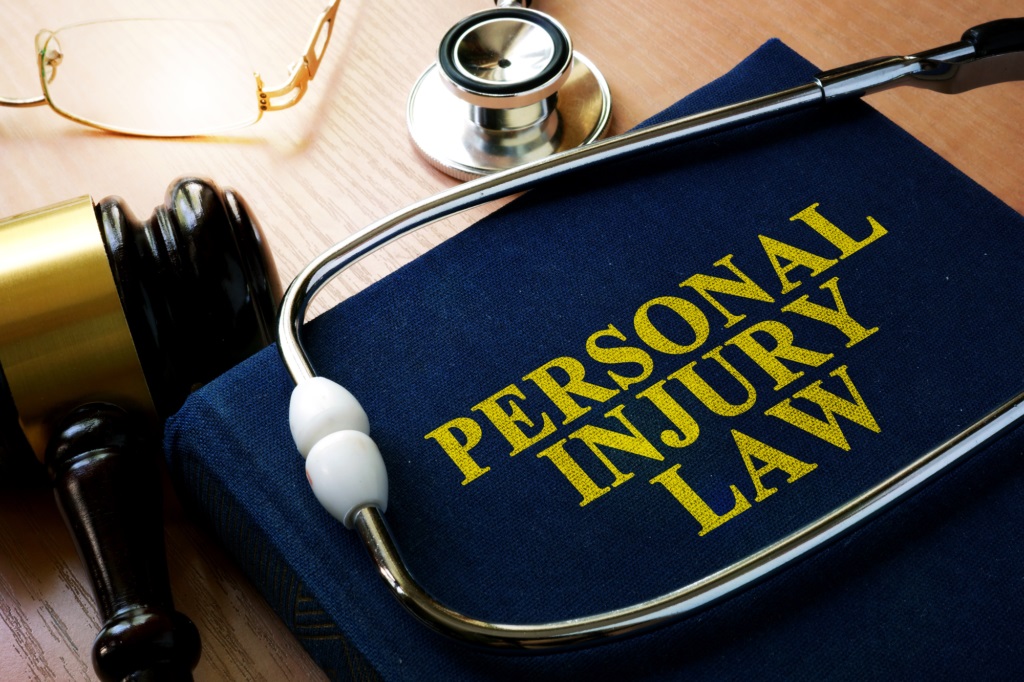
Making the decision to put a beloved family member into a nursing home or long-term care facility can be difficult, unfortunately. It is believed that sometimes cases of neglect and violence happen in the majority of those places even though measures have been taken to prevent this from happening. The American Journal of Public Health has said that in a year, up to 11% of elderly people have been victims of nursing home abuse cases. Surprisingly, there is only a small number of cases from Personal Injury law firms in NYC that get reported that talk about instances of abuse and neglect.
Understanding the Causes of Abuse
People working at nursing homes have their work cut out for them. Staff can face an increased number of duties, such as helping with daily activities and taking care of medicines, especially if the facilities are understaffed. When staff is overworked, they can unintentionally take advantage of the residents, which can be classified as abuse or neglect.
Be Aware of These Common Signs of Nursing Home Abuse
That said, it is important to communicate properly with your loved ones about how they are feeling and make sure that they are being treated right by nursing home staff.
When they have any questions, take them seriously and be ready to take action if there is an indication of elder abuse. The range of issues that might impact your loved ones should be considered a major concern, and thus, the potential harm should be checked as soon as possible.
The Following Are Some Of The Most Common Signs Of Nursing Home Failures And Abuse:
- Unexplained injuries, such as confinement marks, bruises, and various level healing process cuts, have been found by doctors as signs of injustice.
- Malnutrition and weight loss
- Dehydration
- Bedsores
- Lack of basic hygiene
- Unsanitary conditions
- Lack of supervision
- A sudden change in mood and behavior, like becoming antisocial, irritated by slight things, or too withdrawn from the people around them.
- Unexplained accidents leading to broken bones or head injuries
- The illnesses are frequent, and other illnesses are not promptly reported to physicians or family.
Tips for Preventing Nursing Home Abuse
Elder abuse can be stopped only by taking proactive ways, either through the selection of a facility or looking at the care that their dear one is receiving.
1. Prevention through Selection: Ask the nursing home management about the staff ratio to patients, especially during weekends and holidays, or if staff may be at a lower level. Look not only at the facilities and the atmosphere but also at the residents and the staff to know whether they are well treated and looked after. Look at the communication procedures, including training, re-certification in CPR, and compassion, and verify a chain of visits policy that allows for frequent interaction with your loved one.
2. Prevention through Vigilance: Once your family member is in a nursing home, visit often, maintaining contact with nursing home staff as well. Be proactive in taking care of illnesses and proper care, starting with medication and proceeding with good nutrition and hygiene. You can have a big effect on keeping your loved one safe and having a good quality of life with your active participation, focused on providing the care and the support needed.
Seeking Legal Guidance
In cases where the suspicion of nursing home abuse or neglect arises, the next step is the course of prosecution from experienced nursing home negligence lawyers. The category of nursing home negligence attorneys, as well as personal injury law offices, like the ones in NYC, is an example of the individuals aimed at fighting elder abuse cases and executing sanctions of negligent facilities of such type. This group of attorneys is there to provide professional advice and consultation from the very beginning of your journey, seeking justice and fair compensation.
Conclusion
For elderly family members to be safe in nursing homes, there need to be preventive steps and strict management. Apart from identifying the symptoms of abuse, taking part effectively in the selection process of a care facility and also monitoring now and then through good communication are the things you can do to recognize incidents and prevent neglect or mistreatment. Assuming that the abuse takes place, the first step that a victim should take is addressing the relevant specialists who are supposed to prosecute responsible parties and grant victims of abuse the necessary justice.
